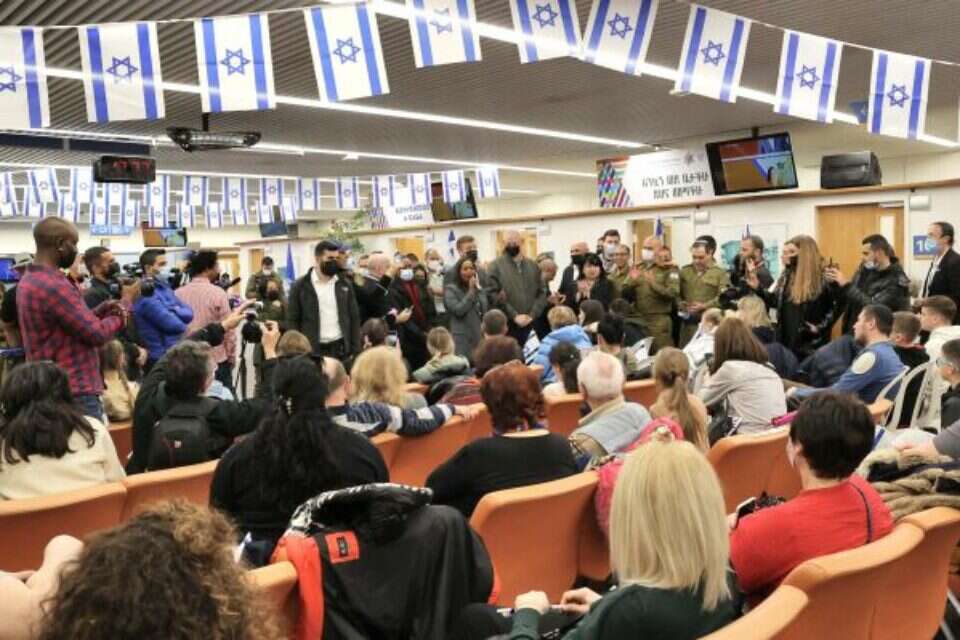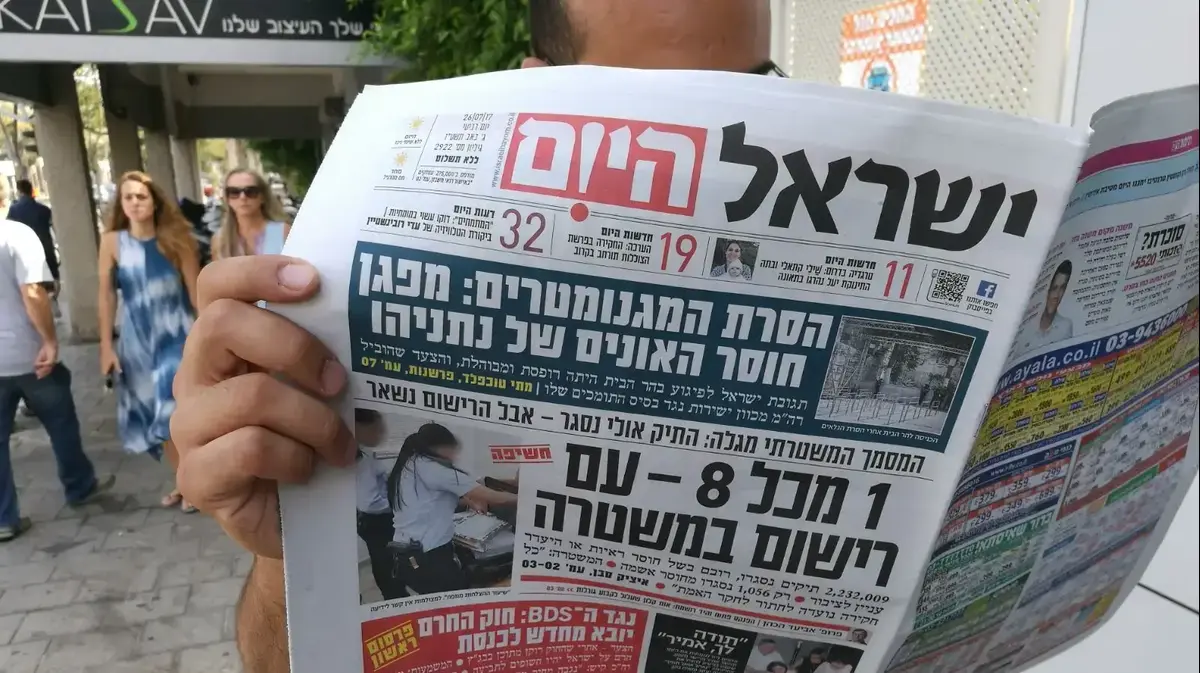On Wednesday, the Aliyah, Absorption and Diaspora Committee will meet in the Knesset, which will discuss, among other things, racism and violence against new immigrants.
Data to be presented by the head of the governmental unit for the coordination of the fight against racism, attorney Avoka (Kubi) Zena, shows that there is a dramatic increase in complaints from members of the Arab community and one third of the 415 complaints in the unit are from them. One out of every five complaints was for discrimination in the provision of a public service.
The data received by Israel Hayom shows that in 2022, the unit opened 415 cases for complaints about racism in the public sphere.
If until last year there was equality between the applications of the members of the Ethiopian community and those of the applicants from the Arab sector, now the situation has changed - 32% of the applicants belong to the Arab society and 17% are Jews of Ethiopian origin.
18% of the complaints are from Israelis who came from the former Soviet Union, 5% from ultra-Orthodox and another 5% from members of the Mizrahi ethnic group. Regarding 15% of the applicants, the authority to discuss their case is not within the scope of authority of the coordination unit.
Discrimination in all its forms
The segmentation of the complaints according to the subject of the appeal shows that 19% of the complaints are about discrimination in the provision of public service, 12% about discrimination in employment, 11% about racist expression in the public sphere, 9% about racist/stereotypical advertising in the public sphere, 6% about racist expression in the civil service, 7 % on the issue of police and enforcement agents, 6% on the issue of racism in the education system, 3% on the issue of racially motivated offenses and 17% on an issue that is not within the area of authority of the coordination unit.
In the report of the Palmor Committee, chaired by Emi Palmor, whose purpose was to provide a comprehensive and infrastructural response to institutional racism directed towards citizens in general, and towards Ethiopians in particular, several recommendations were formulated. One of them - a temporary order according to which, for three years, legal aid will represent in cases according to the Anti-Discrimination Law Without an economic eligibility test, however, it has been about a year and a half and the curfew has expired without the government or the Knesset bothering to extend it. Thus, many complainants find themselves without the possibility of adequate legal representation at no cost, as was the case in the first three years since the Palmer report and the government's decision that adopted it.
Acknowledge the problem
Amy Palmore, the former director general of the Ministry of Justice, told "Israel Today" that the best way to act against discrimination in a racist manner is, in her opinion, a law prohibiting discrimination in products and services, and in order to make the law accessible one must accept public responsibility and acknowledge that there is a problem. Legal representation will be provided for three years. for free and this should encourage people to sue, however, as you know, in the last two years there were five elections that delayed the continuation of the program.
"The best way to act against discrimination in a racist way is, in her opinion, a law prohibiting discrimination in products and services", Amy Palmer,
"At the time I said let's see what we achieve in three years, and the working assumption was that within three years there could be a lot of precedents, and this thing would change the map. What can we do that the justice system moves slowly. So a few cases were collected, but we didn't have time to make an impact. Meaningfully, I think it was right to extend the temporary order for another three years."
Palmour also referred to the fact that at the top of the complaints to the governmental unit for the coordination of the fight against racism this year were the members of the Arab society, while in the Ethiopian society there was a decrease in the number of complaints.
"Ethiopians make up 1.8% of the population, at the time there were 40% of the applicants belonging to the Ethiopian community and this is completely disproportionate. Today, Ethiopians are 17% of the applicants and this is becoming a little more reasonable.
"As for the members of the Arab society, it is possible that the immigration followed Operation Wall Guard, which led to fear and antagonism towards Arabs. It could also be because of the election campaigns."
Palmer concluded: "I think that we are not a racist country, but that we are in crisis. I don't think that what is happening in the country is racism, it is polarization."
were we wrong
We will fix it!
If you found an error in the article, we would appreciate it if you shared it with us









